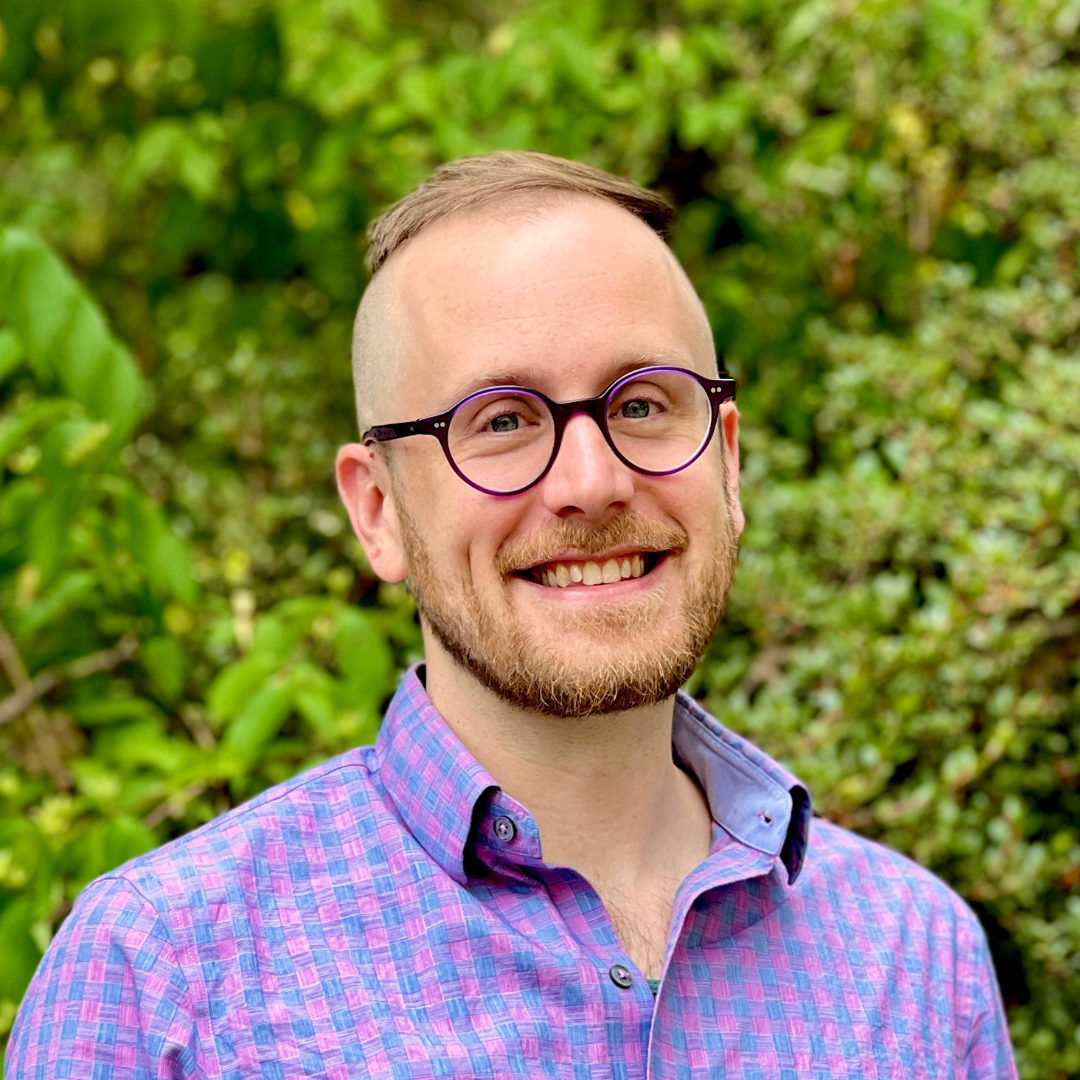Returning from a week of learning, conversation, and witness in Israel and Palestine as part of the RRC Faculty Study Tour which included a two-day clergy trip organized by T’ruah and JStreet, I am left with deepened and at times, contradictory commitments that I imagine will continue to unfurl in the weeks and months to come.
What follows is a first attempt to begin to articulate these commitments.
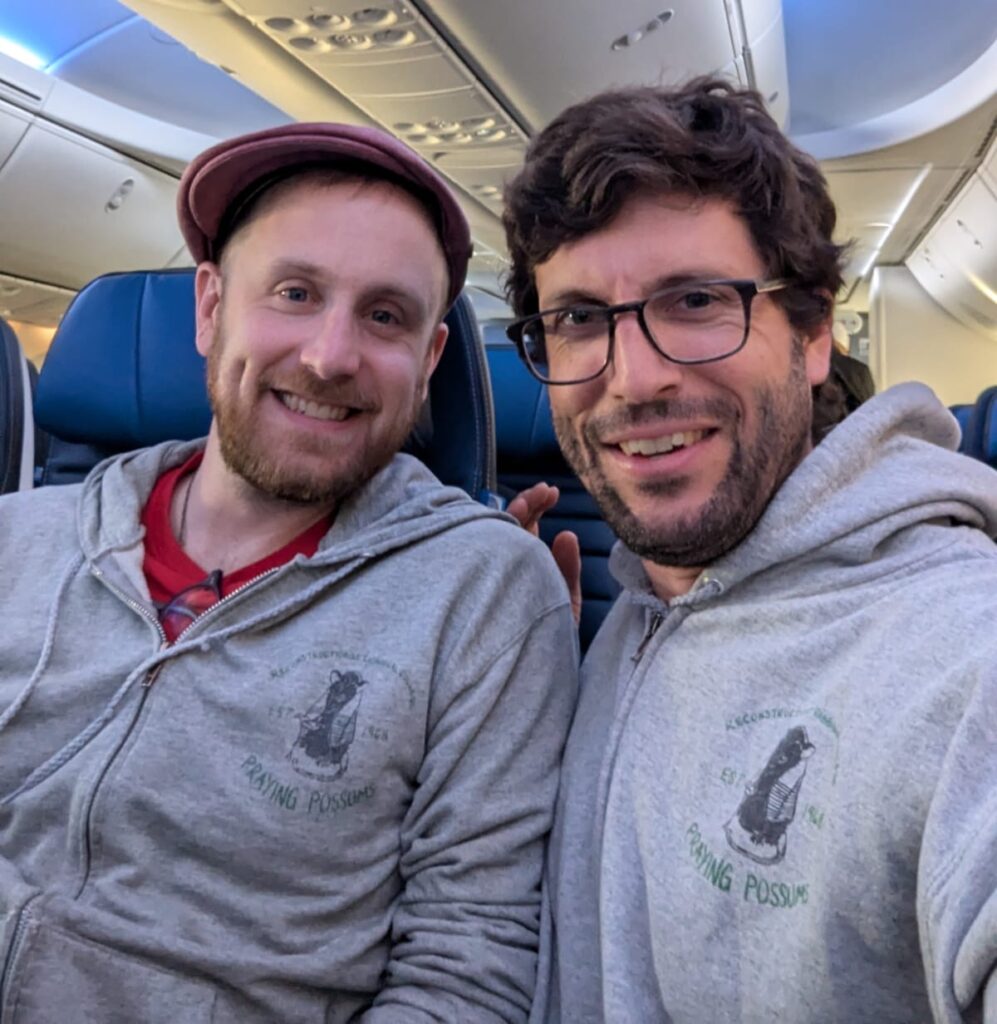
“The Torah is acquired through 48 things, and these are…bearing a yoke with one’s fellow…” Pirkei Avot 6:6
In this long list of ways the ancient rabbis described how to acquire Torah, they include the notion of nosei b’ol—bearing a yoke with one’s fellow. Just as oxen on a farm share the burden of bearing a yoke together, the rabbis knew that when we do the same as humans, when we share the burden with another, we find Torah. As we heard Palestinian and Israeli hopes for peace and justice, their stories of suffering and grief, and the hard work that so many of them are doing to bring us closer to redemption, I felt moved again and again to bear the yoke with them.
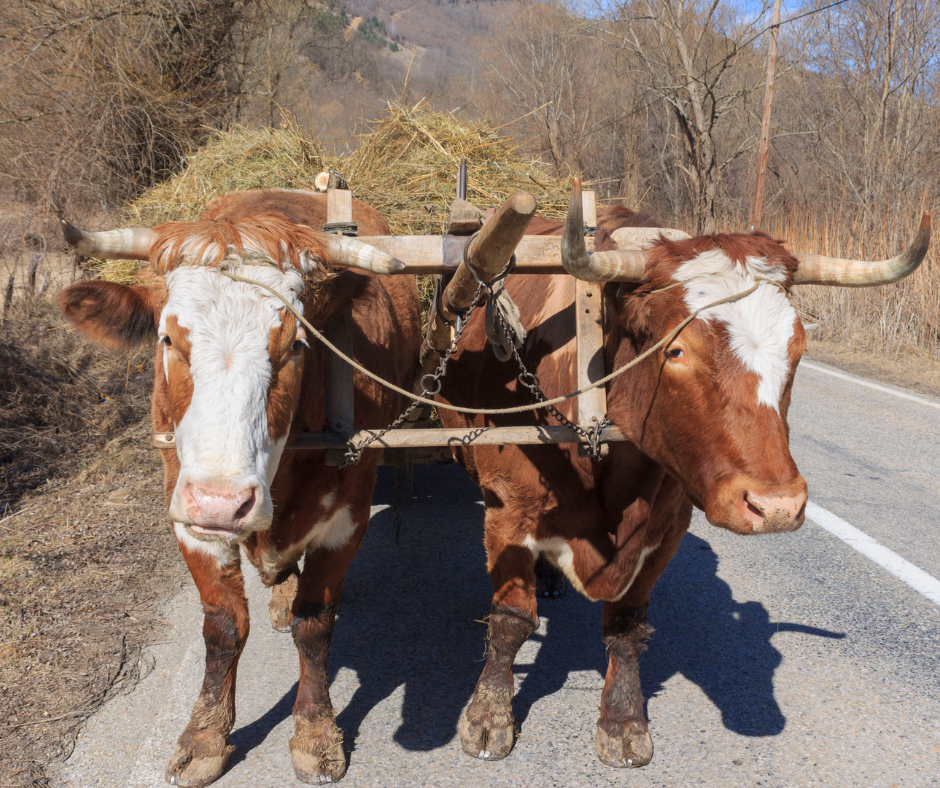
While this can, and should, be manifest in acts of tzedek/justice, it begins first with the emotional openness to bear this burden. Many of the Israelis and Palestintians we met expressed loneliness and isolation in this work, which made clear that part of what they were asking for was partners to bear the emotional burden alongside the practical burden. As Rabi Aḥa bar Ḥanina said, “Anyone who visits an ill person takes from them one-sixtieth of their suffering” Nedarim 39b.
“Make your heart into many chambers, and bring into it the words of Beit Shammai and the words of Beit Hillel, the words of those that declare ‘ritually impure,’ and the words of those that declare ‘ritually pure.’” Tosefta Sotah 7:7
Shammai and Hillel disagree constantly. Whether it’s about how to light Hanukkah candles, the order of festival kiddush, or what is ritually pure or impure, our tradition records many of their disagreements. Here in the Tosefta, the rabbis offer a model not just of holding opinions that we might disagree with, but holding the opinions of those who disagree with each other in our hearts. We likely will ultimately agree more with one side than the other (our tradition almost always sides with Hillel), but this cannot prevent us from holding both opinions within us.
In our visits, we heard a range of opinions among and between Palestinians and Israelis. Not all Israelis thought the same. Not all Palestinians thought the same. While everyone was committed to peace and justice, their visions for what that looked like and how to get there often varied greatly, including two-states, one-state, and no-state. If I am going to bear the burden with each of them, including those I disagree with, I need to make enough chambers in my heart to hold each of their views with compassion and understanding.
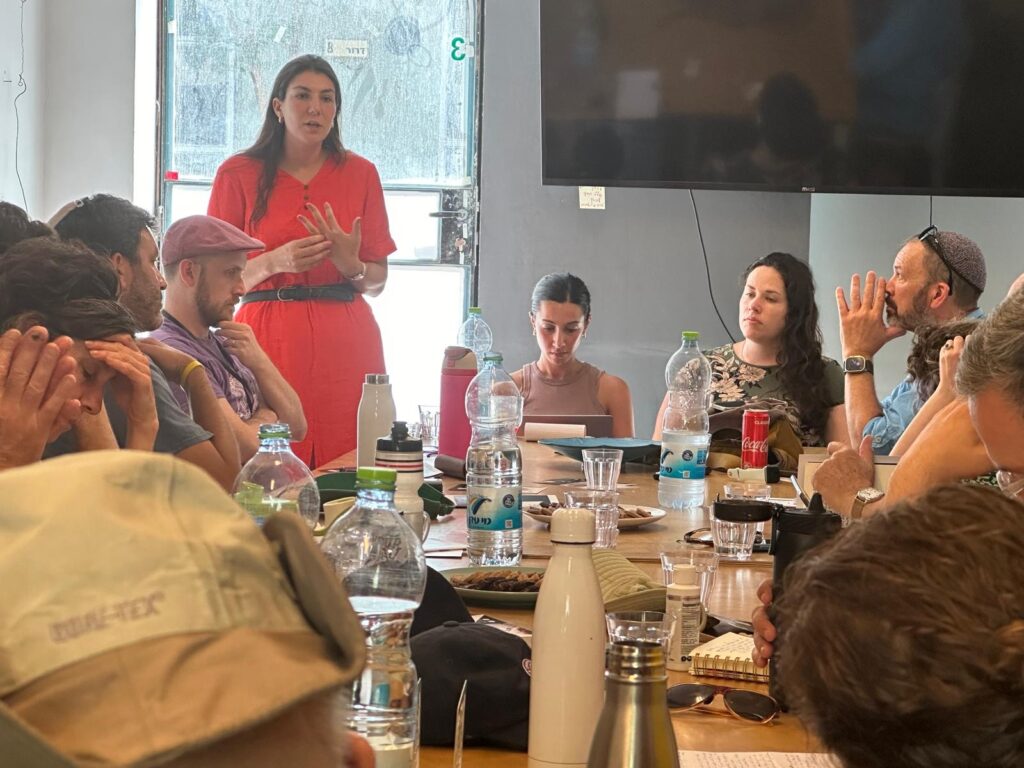
Part of my motivation for this commitment includes the desire to make change. As one of our speakers said, “If you can’t comprehend, you can’t correct.” If I am going to try to persuade others to act for what I believe is right, I first need to understand where they are coming from. Persuasion can only happen from this place.
“Who is to say that your blood is redder than theirs? Perhaps that man’s blood is redder.” Sanhedrin 74a
This teaching from Rabba comes in the context of what happens when we are presented with the impossible ethical dilemma of kill or be killed. It is a long and complex debate that I will not get into here, and these words were resonant as Israelis and Palestinains spoke of violence, loss, and grief on and since October 7. These words demand a stance of humility, to know that while our own lives are likely more precious to us than the lives of another, there is nothing objective in this self-valuing, only our (God willing, appropriately healthy) attachment to our own lives.
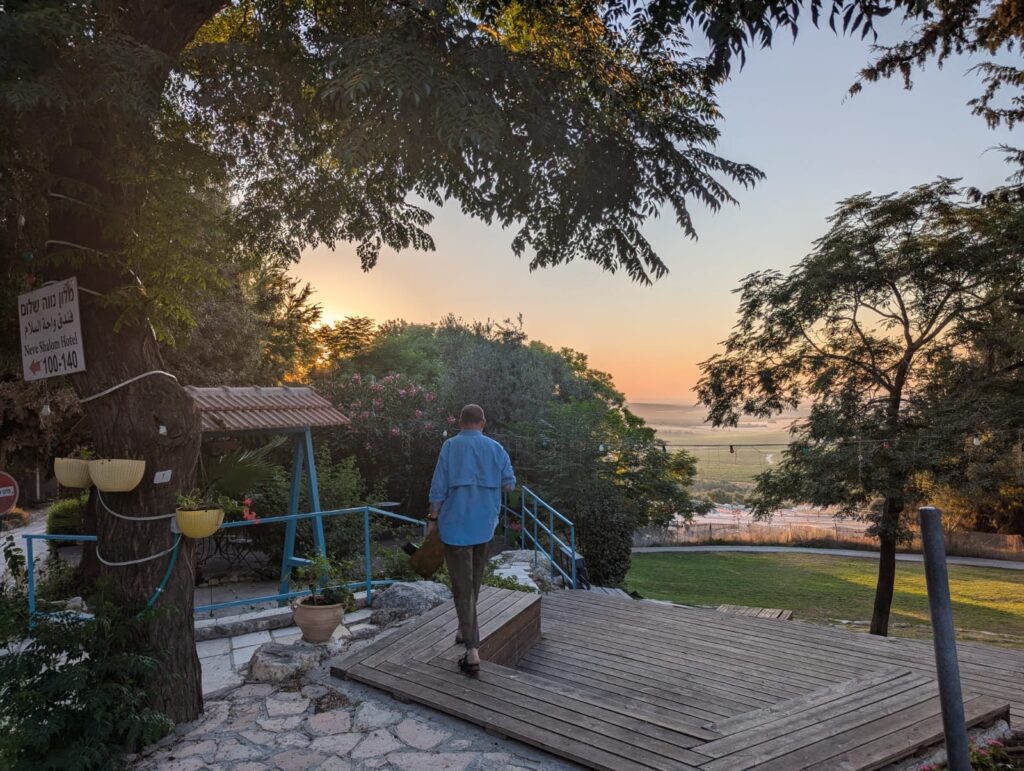
Both Palestinians and Israelis have an obligation to self-defense, and when they fulfill this obligation, I wonder how it might be transformed if all of us were able to hold this challenge from Rabba, remembering that our blood is likely no redder than anyone else’s. For us in the United States, this may also help us in accessing the grief that is harder for us, whether that is the grief for Israeli or Palestinian lives. Who can say whose blood is redder?
This may not be enough to yield peace, but it may be a spiritual and ethical disposition from which to start.

